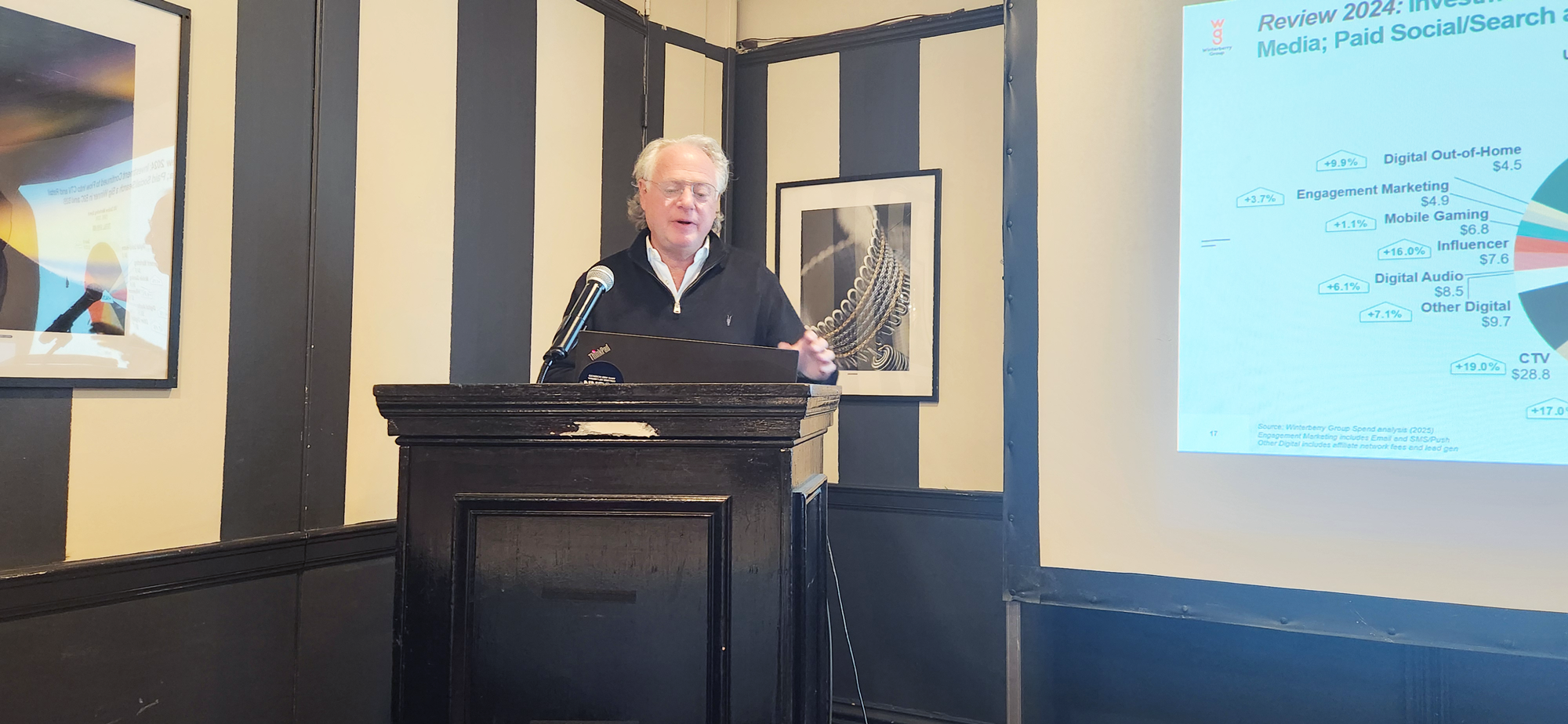

As a retail data and technology pro, I’m torn between my desire for relevance and my concerns about my personal information. Considering the many places my personal data is captured, occasionally I think about opting out and deleting my browser cache and cookies to avoid the risk of companies I rarely engage with having too much information on me.
But when I do that, I’ll lose my settings on web pages I visit regularly, and I’ll be required to input new logins on each site when I return. Additionally, the sites will lose my browsing history and settings — where I left off, what I visited last, my cart, suggested products, or services. Super frustrating!
And therein lies the conundrum. As a consumer, I want all the good stuff that comes with relevance but am worried about the risk of my personal information getting into the wrong hands.
So, what do companies do with your data?
The reality is these companies want to learn from your data and your engagement with their brand to improve your experience, to make you want to return, want to shop, want to spend, and want to be a lifetime customer. They want to make your interactions with their brand more relevant and rewarding for you. Not all do it well, but that is the objective.
They do this by understanding which products and services you are interested in—and those you are not interested in. If you only look at men’s suits, ties, and jeans on one retailer’s site, that company may want to avoid showing you women’s handbags, shoes, etc., unless you indicate that you’re interested in those products. That is the objective.
Learning more about you enables a brand to pair your interests and purchases with other products or services that likely fit your future buying interests and browsing behavior.
How can you improve your customer experience?
First, select the brands you want to engage with and sign up for their loyalty programs or newsletters to learn more about them. See if they are listening effectively. Are they shaping the content, offers, products and services you want to see?
Second, if they have a preference center, think about how to use that to your advantage in shaping the customer experience (CX) that matters most to you. Preference centers are intended to drive a better experience for you. They help the brand remove non-relevant offers from your communications, and structure content you’ll value and that will improve your experience.
When you inform the brand with your personal information such as gender and age, communication frequency preferences, etc., smart brands will use that information to engage better with you.
What should you do when a brand doesn’t learn or use your data effectively?
When a brand doesn’t use your information to your advantage, opting out of its communications is a start. This may help them understand the importance of relevance and provide some clues on how to get better at personalization.
Asking the brand to remove your information is another step, whether you do that over the phone or in writing. California residents, as well as residents in some other states, have legislation that helps them protect their personal data. The California Consumer Privacy Act (CCPA) gives people access to and control of their personal data, with the ability to have all instances of their data removed from all systems. Other states are joining in, and we’re likely on path to having a national law that will help people manage their information more effectively.
So, while you engage with brands, know the brand’s goal is to leverage your information to provide a better experience for you, to make your journey better, and to remove friction in the buying process. Brands want to make your interactions seamless and convenient for you, without wasting your time and effort on offers or content you don’t care about.
What do retail marketers need to know?
There are lots of regulations to be aware of, both ones in place today and ones that have been proposed. It’s critical for you to be aware not only of the laws, but also their intent. It’s equally important to understand your customers. What do they want and expect? You need to consider the legal requirements, as well as the ethical implications.
About the Author

Bill McGowan is a senior client managing director at Acxiom, part of the IPG portfolio, working to help clients improve their customers’ experience and journey with a goal of helping clients improve conversion, customer retention and growth. Bill’s vast experience with credit, loyalty, data, data management, analytics, identity and recognition power his thought leadership with C-level executives at Acxiom clients.








